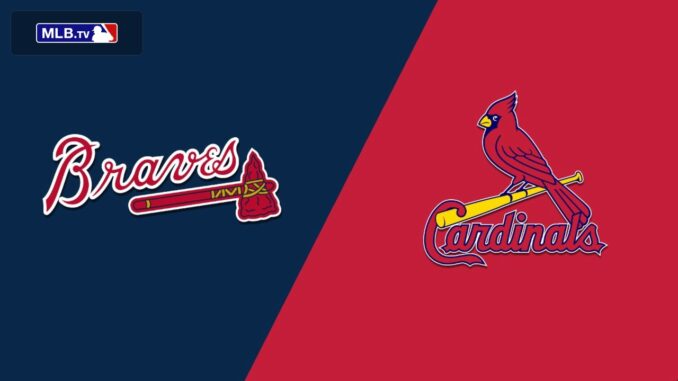
The Atlanta Braves are entering an offseason that promises to be anything but quiet. After a 2025 season that fell short of expectations—both internally and among their passionate fan base—the organization understands the need to reset, recalibrate, and make meaningful roster improvements. A club with postseason ambitions year after year doesn’t take disappointment lightly, and Atlanta’s front office is prepared to act accordingly. The message coming from leadership is clear: change is on the horizon, and standing still is not an option.
Braves fans have grown accustomed to a winning culture, especially in recent years, as the team has routinely positioned itself as one of the most competitive and balanced rosters in Major League Baseball. However, last season proved that even perennial contenders can experience setbacks.
Whether it was inconsistent production, untimely injuries, or a lack of depth in key areas—issues that seemed minor at the beginning of the season snowballed into larger concerns. The result was a campaign that never fully aligned with expectations, leaving the organization with difficult questions and even tougher decisions.
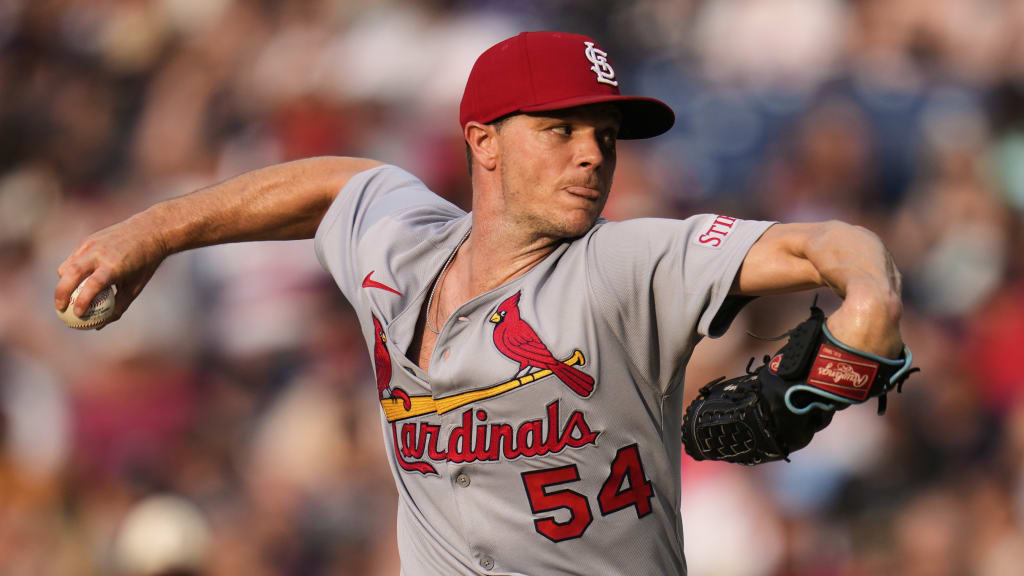
Now, with the offseason underway, Atlanta’s front office is preparing to reshape the roster, exploring every available avenue to strengthen the team. General manager and baseball operations leadership have already indicated that they will be aggressive in their pursuit of upgrades, aiming to restore confidence with the fan base and ignite excitement heading into the 2026 season. Whether the additions come through free agency or the trade market doesn’t seem to matter—what matters is impact.
Free agency always brings a level of unpredictability, but for the Braves, it represents a real opportunity to inject fresh talent and veteran presence into key areas. However, the trade market is where things get particularly intriguing. Reports from national and local insiders suggest that Atlanta is being linked to several notable starting pitchers currently rumored to be available. With multiple high-profile arms drawing interest across the league, the Braves are emerging as a team to watch closely.
Pitching—especially within the starting rotation—appears to be a central focus. Throughout the 2025 season, inconsistency in the rotation placed strain on the bullpen and created pressure on the offense to compensate. The organization knows that if it wants to return to the level of dominance that defined the franchise in earlier years, stabilizing and strengthening the starting rotation will be essential.
Because of this, the Braves have been referenced in preliminary conversations surrounding some of the most coveted starting pitchers available. These aren’t just middle-tier pitchers entering the conversation—these are pitchers with ace-level ceilings and postseason reputations, the type of players who can shift the balance of power.
While names have not yet been confirmed publicly, the perception around the league is that the Braves could be a surprise aggressor. Atlanta doesn’t want incremental improvement. They want transformative improvement.
The coming months will reveal whether the Braves are able to land the upgrades they’re pursuing, but one thing is certain: this offseason will be pivotal. The organization is determined to rebound, restore momentum, and remind the league why they are a team that must always be taken seriously.
Should the Braves trade for Sonny Gray?
The St. Louis Cardinals could be entering an offseason of difficult decisions, and one of the players who might find himself at the center of trade speculation is veteran starting pitcher Sonny Gray. While the Cardinals have been active over the past few winters, not all of their moves have produced the results the organization hoped for, and that reality may force the front office to re-evaluate its plan moving forward.
If St. Louis chooses to pivot and begin reshaping its roster—not simply adding incremental pieces but making more significant changes—Gray could be one of the most intriguing names to monitor across the league.
In a recent article from SportsTalkATL.com, writer Chase Irle highlighted Gray as a pitcher who could realistically become available this winter, noting that the Cardinals may be ready to move away from some of their older or more expensive contracts. Irle points out that the Cardinals have made more than a few questionable roster decisions in recent offseasons, and that this might finally be the moment when they choose to shift direction strategically.
According to his report, Gray stands out as a potential trade candidate because of his contract situation and his value to pitching-needy teams. As Irle writes, Gray is entering the final year of his current deal—a deal that still carries significant financial weight, including a $35 million salary for the upcoming season and a $30 million club option for 2027. That financial commitment could push St. Louis to explore the trade market rather than letting Gray finish his contract with the team.
From the perspective of the Atlanta Braves, Gray presents an interesting dilemma. On one hand, the Braves are coming off back-to-back seasons where injuries shredded their starting rotation depth. Atlanta has seen nearly every pitcher on the staff either hit the injured list or experience major workload inconsistencies.
Plugging in a reliable veteran starter—someone who can eat innings, stabilize the backend of the rotation, and lessen the burden on younger pitchers—could be worth serious consideration. Gray checks those boxes. But the financial component complicates things. A contract of that magnitude could limit Atlanta’s flexibility in other areas this offseason, particularly when the Braves are expected to be aggressive on multiple fronts.
However, the practical value that Gray could bring to Atlanta cannot be understated. Few starting pitchers in baseball have been as quietly reliable as Gray in recent years. Over the last three consecutive seasons, he has thrown at least 160 innings, while also making 28 or more starts each year. That level of durability is increasingly rare in today’s game, especially among pitchers in their mid-30s.
Even if he may not be the same dominant pitcher he was earlier in his career, the ability to consistently take the mound and work deep into games carries tremendous value—especially for a team like Atlanta, which has been operating without a full-strength rotation for two straight seasons.
Statistically, Gray’s numbers show a pitcher who still has plenty left to offer, even if signs of aging are beginning to show. His 4.28 ERA this season might raise eyebrows, suggesting a decline in command or effectiveness. Critics may view that number as proof that Gray, now 35 years old, is past his peak. Yet the broader picture tells a more nuanced story.
Gray remains a high-strikeout pitcher, continuing to generate swings and misses with a combination of fastball command and a sharp breaking ball. His strikeout totals remain consistent with his career norms, demonstrating that his stuff still plays at the Major League level. For teams looking to bolster their staff without sacrificing elite pitching prospects in return, Gray represents a blend of veteran leadership and reliable performance.
For the Cardinals, deciding whether to trade him may come down to timing and organizational direction. St. Louis has spent recent seasons trying to balance short-term competitiveness with long-term sustainability. But after consecutive disappointing results, the front office may need to consider parting ways with established veterans like Gray to create payroll flexibility and open opportunities for younger arms.
For Atlanta, the decision might hinge on how much they value Gray’s durability versus how much they’re willing to commit financially. If the Braves believe their championship window remains wide open—and they clearly do—adding a pitcher with Gray’s experience could be the stabilizing move that prevents the rotation from collapsing under the weight of injuries again.
Ultimately, Gray stands out as one of the most compelling trade candidates of the winter. His availability would create major interest across the league, particularly for contenders needing reliable starting pitching. Whether or not the Braves are willing to take on his contract may determine if Atlanta becomes a serious player in trade discussions. But one thing is clear: in a market thin on dependable starters, Sonny Gray’s name will not go unnoticed.
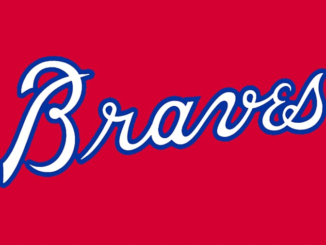
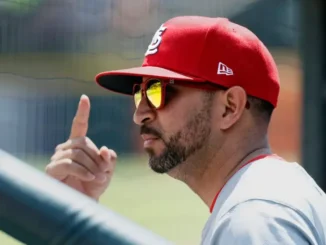
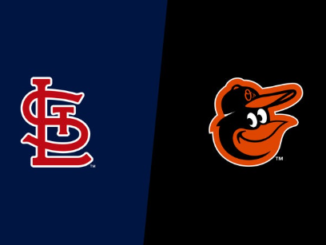
Be the first to comment